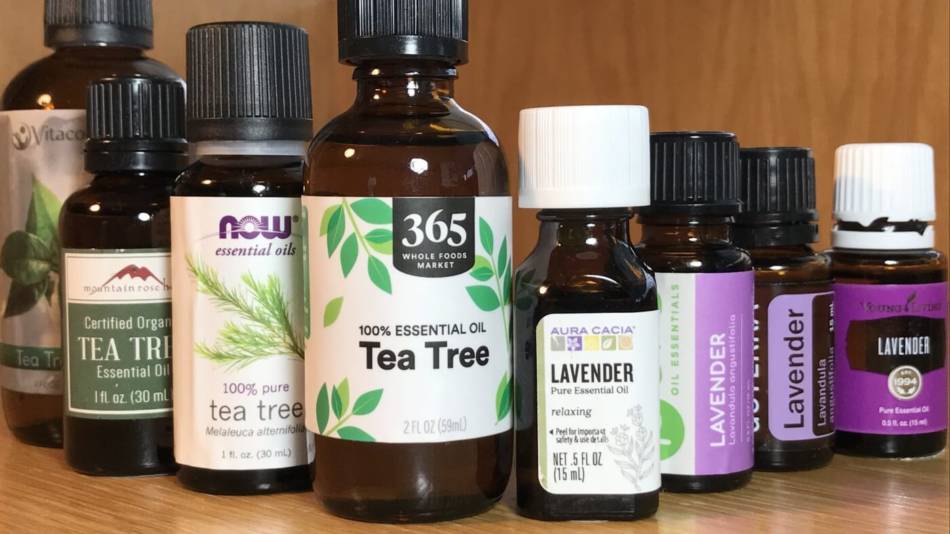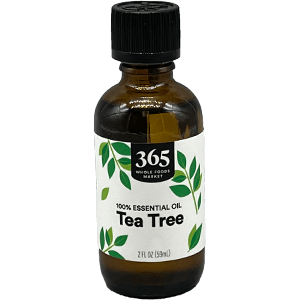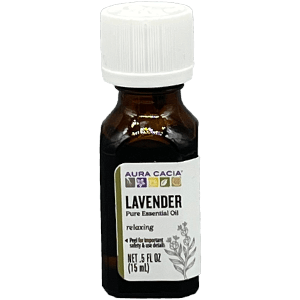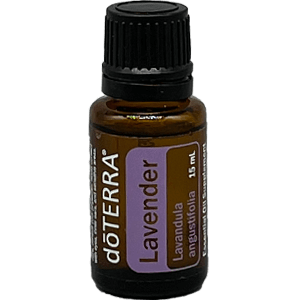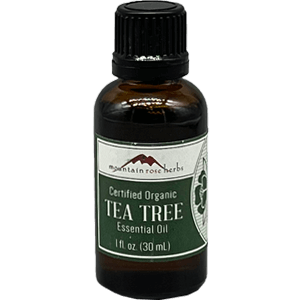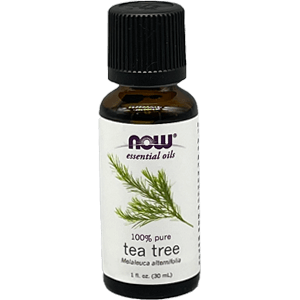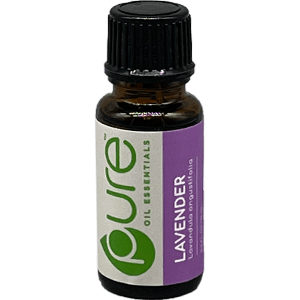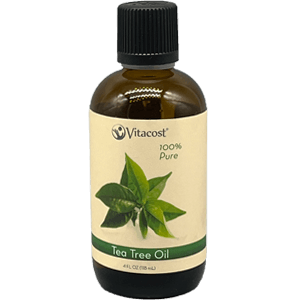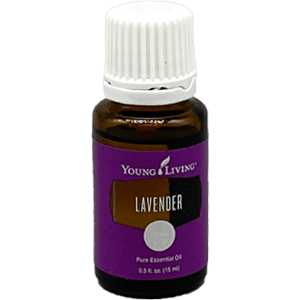Products tested in 2022
+— 54 sources
In addition the results of its expert testing, ConsumerLab uses only high-quality, evidence based, information sources. These sources include peer-reviewed studies and information from agencies such as the FDA and USDA, and the National Academy of Medicine. On evolving topics, studies from pre-print journals may be sourced. All of our content is reviewed by medical doctors and doctoral-level experts in pharmacology, toxicology, and chemistry. We continually update and medically review our information to keep our content trustworthy, accurate, and reliable. The following sources are referenced in this article:
- Bejar, ABC Bot Adul Prev Prog 2017
- Bejar, ABC Bot Adul Prev Prog 2020
- Altaei, Am J Dent 2012
- Cappello, Dig Liver Dis 2007
- Carson, Clin Microbiol Rev 2006
- Carson, J Antimicrob Chemother 2001
- Demirag, Turk J Med Sci 2022
- Donelli, Phytomedicine 2019
- Filiptsova, Alex J Med 2018
- Fischer, Cough 2013
- Fismer, Eur J Integr Med 2012
- Force, Phytother Res 2000
- Gilling, J Appl Microbiol 2014
- Kasper, Eur Neuropsychopharm 2016
- Kehrl, The Laryngoscope 2004
- Kim, J Altern Complement Med 2011
- Koo, J Korean Med Sci 2012
- Lillehei, J Altern Complement Med 2015
- Liu, J Gastroenterol 1997
- Lucena, Explore: J Sci Heal 2023
- Merat, Dig Dis Sci 2010
- Moss, Int J Neurosci 2003
- Nee, Am J Gastroenterol 2021
- Paparoupa, Pharmacogn Rev 2016
- Roller, J Altern Complement Med 2009
- Savla, Cochrane Database Syst Rev 2020
- Weerts, Gastroenterology, 2019
- Winska, Molecules 2019
- Worth, J Asthma 2012
- You, BMC Complement Med Ther 2024
- EFSA Panel, EFSA J 2019
- Mamavation
- ISO 4730:2017
- Akhondzadeh, Prog Neuropsychopharmacol Biol Psychiatry 2003
- Ambrogio, Medicina (Kaunas
- American Academy of Allergy Asthma & Immunology
- Bayat, Allergy Asthma Clin Immunol 2014
- Bekhof, Phytother Res 2022
- Benito, Ann Allergy Asthma Immunol 1996
- Epilepsy Society of the UK 2019
- Hammer, Food Chem Toxicol 2006
- Henley, N Engl J Med 2007
- Kairey, Front Pharmacol 2023
- Khan, J Am Vet Med Assoc 2014
- Kodama, Respir Med Case Rep, 2022
- Mathew, Epilepsia Open 2017
- Mathew, Epilepsy Res 2021
- National Capital Poison Center
- Pittler, Am J Gastroenterol 1998
- SCCP, Tea Tree Oil 2008
- Schlafke, Phyomedicine 2010
- Shakeel, IJCBS 2023
- Tamir, Otolaryngol Head Neck Surg 2005
- Tharmarajah, Cornea 2021
Summary
-
What are essential oils?
Essential oils are oils that give a plant its "essence," i.e., its specific odor and flavor and are made from specific parts plants using steam distillation. However, essential oils are not essential for human health (unlike essential minerals and vitamins). Adulteration of essential oils has been reported in the marketplace with less expensive or synthetic oils, but authentic lavender and tea tree essential oils can be identified by chemical analysis. (See What It Is)
-
What are the benefits of lavender and tea tree essential oil?
Lavender oil appears to be effective at reducing anxiety when used as aromatherapy or orally (at a small dose), although it is not clear if it is effective in massage therapy. Tea tree oil is primarily used topically in treating mild skin ailments or their symptoms. (See What It Does)
-
Which is the best lavender essential oil?
ConsumerLab's tests showed that popular brands of lavender oil were authentic, based on their chemical composition and not contaminated with heavy metals or microbes (see What CL Found and How Products Were Evaluated). However, there was a significant cost difference, and one product provided superior value and was ConsumerLab's Top Pick for lavender essential oil.
-
Which is the best tea tree essential oil?
ConsumerLab's tests showed some variation in the chemical composition of popular brands of tea tree oils. Although all were deemed to be authentic and not contaminated with heavy metals or microbes (see What CL Found), one more closely matched standards, provided superior value, and was ConsumerLab's Top Pick for tea tree essential oil.
-
Are lavender and tea tree essential oils safe?
Due to high concentrations of particular compounds, essential oils should generally be diluted if applied to the skin, and tea tree oil should not be consumed orally. Lavender and tea tree oil may also trigger sensitivities and allergic reactions. They are not for use by children or pregnant women. For more details, see Concerns and Cautions.
You must
be a member to get the full test results, along with ConsumerLab's recommendations. You'll get results for 8 lavender and tea tree essential oils selected for testing by ConsumerLab.
In this comprehensive review, you'll discover:

 Which lavender and tea tree essential oils failed testing, which passed, and which are CL's Top Picks
Which lavender and tea tree essential oils failed testing, which passed, and which are CL's Top Picks How compare on amounts of key compounds, purity, including heavy metal and microbial contamination, as well as price
How compare on amounts of key compounds, purity, including heavy metal and microbial contamination, as well as price
 The clinical evidence for using lavender essential oil and tea tree essential oil for anxiety, sleep, respiratory infections and more
The clinical evidence for using lavender essential oil and tea tree essential oil for anxiety, sleep, respiratory infections and more When and how to safely use lavender and tea tree essential oils, including which oils should and should not be taken orally and whether they essential oils can be used with humidifiers
When and how to safely use lavender and tea tree essential oils, including which oils should and should not be taken orally and whether they essential oils can be used with humidifiers Safety concerns and cautions with lavender and tea tree essential oils, including potential allergic reactions, and precautions with pets
Safety concerns and cautions with lavender and tea tree essential oils, including potential allergic reactions, and precautions with pets
As a ConsumerLab.com member, you may print a copy of this report for your personal use.
You can access a special print version by clicking the "Print" icon in the upper right corner of this report.
You can then use your web browser's print functions to print the whole report or just selected pages.
You may also email or post a link to this report using the web address above.
Non-members using the link will see a free summary and can join to view the full report.
Other means of copying or distributing this report, in part or full, are not permitted.
If you are sight-impaired and your computer is having trouble converting the text in this report to speech,
contact us for assistance at Membership@ConsumerLab.com or by
phone at 914-722-9149.

